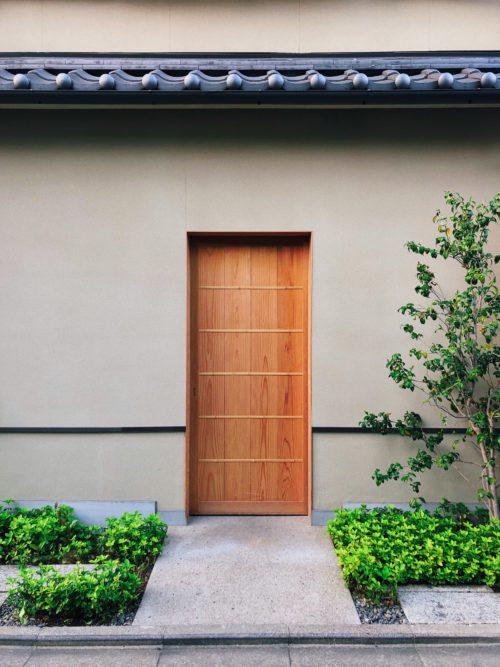One of the first thing when we visit to Japan notice is how clean everywhere is – yet there are hardly any litter bins and street sweepers. What is the secret behind this?
I am interested in discovering the insight on this and the easy answer is that residents themselves keep it that way, even from when they started school, cleaning time is part of students’ daily schedule. In their home life as well, parents teach kids that it’s bad for them not to keep things and space clean.
The society helps the children develop an awareness of, and pride in their surroundings. On arriving at school, students leave their shoes in lockers, at home, too, people leave their street shoes at the entrance. As Local Japanese said, “ We don’t want others to think we are bad people who don’t have enough education or upbringing to clean things up.” Examples of social awareness abound in daily life too. Around 08:00, for instance, office workers and shop staff clean the streets around their place of work. Children volunteer for the monthly community clean, picking up rubbish from the streets near their school. Neighborhoods, too, hold regular street-cleaning events. Not that there’s much to clean, because people take their litter home.
In a hot, humid environment like Japan’s, food goes off quickly. Bacteria flourish. Bug life abounds. So good hygiene means good health.
But it goes deeper than that. Cleanliness is a central part of Buddhism, daily tasks like cleaning and cooking are considered spiritual exercises, no different from meditating.
In Zen, all daily life activities, including having meals and cleaning the space, must be regarded as an opportunity to practice Buddhism. Washing off the dirt both physically and spiritually plays an important role in the daily practice, in Japan, it already had its own indigenous religion even before the arrival of Buddhism which is called Shinto (meaning ‘The Way of The Gods’), said to enshrine the very soul of the Japanese identity. And cleanliness lies at the heart of Shinto. In the West, we are taught that cleanliness is next to godliness. In Shinto, cleanliness is godliness. That is why Japan is a very clean country.


